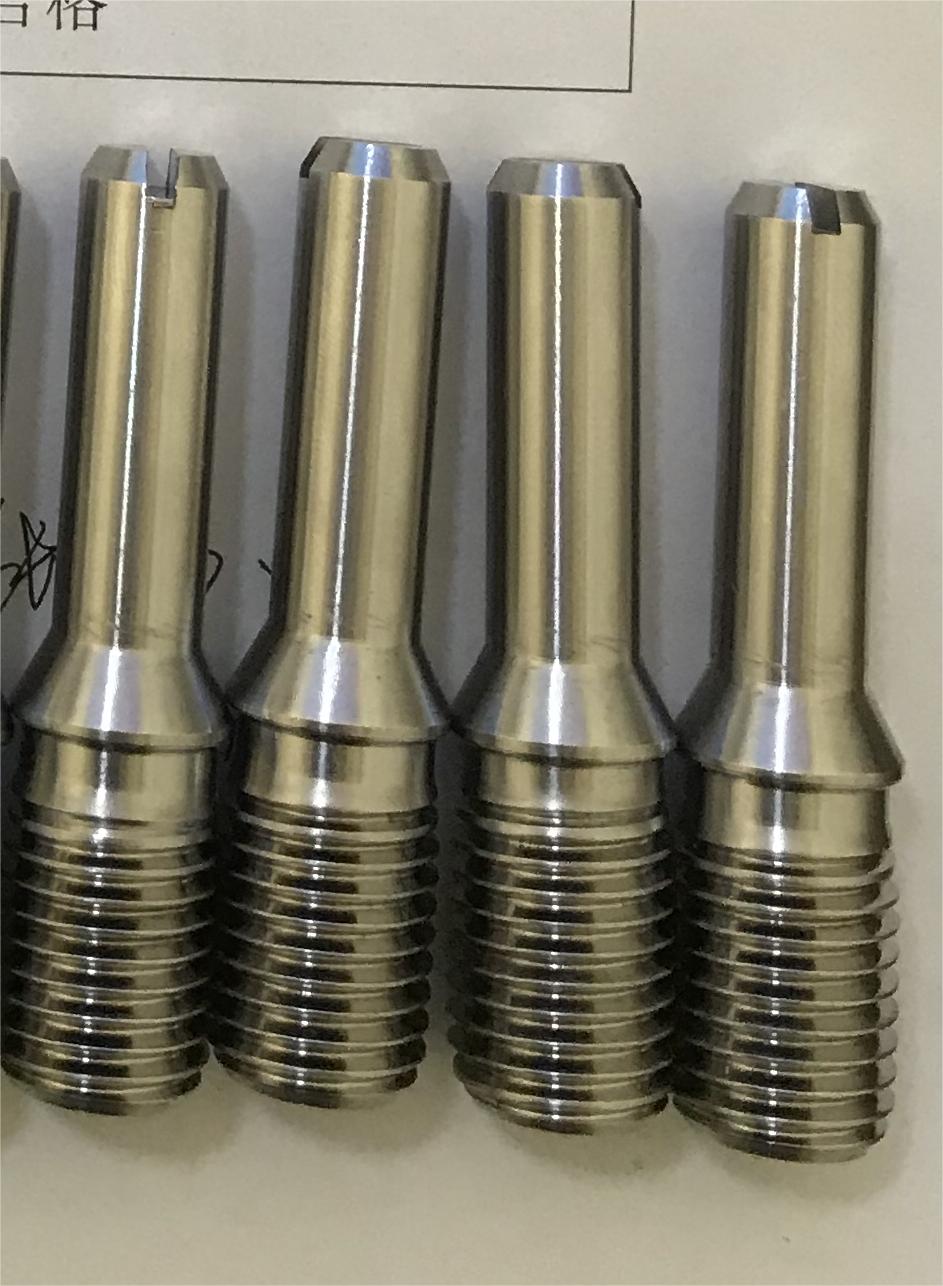
-
 Afrikaans
Afrikaans -
 Albanian
Albanian -
 Amharic
Amharic -
 Arabic
Arabic -
 Armenian
Armenian -
 Azerbaijani
Azerbaijani -
 Basque
Basque -
 Belarusian
Belarusian -
 Bengali
Bengali -
 Bosnian
Bosnian -
 Bulgarian
Bulgarian -
 Catalan
Catalan -
 Cebuano
Cebuano -
 Corsican
Corsican -
 Croatian
Croatian -
 Czech
Czech -
 Danish
Danish -
 Dutch
Dutch -
 English
English -
 Esperanto
Esperanto -
 Estonian
Estonian -
 Finnish
Finnish -
 French
French -
 Frisian
Frisian -
 Galician
Galician -
 Georgian
Georgian -
 German
German -
 Greek
Greek -
 Gujarati
Gujarati -
 Haitian Creole
Haitian Creole -
 hausa
hausa -
 hawaiian
hawaiian -
 Hebrew
Hebrew -
 Hindi
Hindi -
 Miao
Miao -
 Hungarian
Hungarian -
 Icelandic
Icelandic -
 igbo
igbo -
 Indonesian
Indonesian -
 irish
irish -
 Italian
Italian -
 Japanese
Japanese -
 Javanese
Javanese -
 Kannada
Kannada -
 kazakh
kazakh -
 Khmer
Khmer -
 Rwandese
Rwandese -
 Korean
Korean -
 Kurdish
Kurdish -
 Kyrgyz
Kyrgyz -
 Lao
Lao -
 Latin
Latin -
 Latvian
Latvian -
 Lithuanian
Lithuanian -
 Luxembourgish
Luxembourgish -
 Macedonian
Macedonian -
 Malgashi
Malgashi -
 Malay
Malay -
 Malayalam
Malayalam -
 Maltese
Maltese -
 Maori
Maori -
 Marathi
Marathi -
 Mongolian
Mongolian -
 Myanmar
Myanmar -
 Nepali
Nepali -
 Norwegian
Norwegian -
 Norwegian
Norwegian -
 Occitan
Occitan -
 Pashto
Pashto -
 Persian
Persian -
 Polish
Polish -
 Portuguese
Portuguese -
 Punjabi
Punjabi -
 Romanian
Romanian -
 Russian
Russian -
 Samoan
Samoan -
 Scottish Gaelic
Scottish Gaelic -
 Serbian
Serbian -
 Sesotho
Sesotho -
 Shona
Shona -
 Sindhi
Sindhi -
 Sinhala
Sinhala -
 Slovak
Slovak -
 Slovenian
Slovenian -
 Somali
Somali -
 Spanish
Spanish -
 Sundanese
Sundanese -
 Swahili
Swahili -
 Swedish
Swedish -
 Tagalog
Tagalog -
 Tajik
Tajik -
 Tamil
Tamil -
 Tatar
Tatar -
 Telugu
Telugu -
 Thai
Thai -
 Turkish
Turkish -
 Turkmen
Turkmen -
 Ukrainian
Ukrainian -
 Urdu
Urdu -
 Uighur
Uighur -
 Uzbek
Uzbek -
 Vietnamese
Vietnamese -
 Welsh
Welsh -
 Bantu
Bantu -
 Yiddish
Yiddish -
 Yoruba
Yoruba -
 Zulu
Zulu
thread rolling tool products
Thread Rolling Tool Products An Overview
In the world of precision manufacturing, the development and use of thread rolling tools have revolutionized the way threads are created on various substrates. Thread rolling refers to a cold-forming process that enhances the strength and integrity of threaded components, making it an essential practice in industries ranging from automotive to aerospace. This article delves into the various thread rolling tool products available in the market, their applications, benefits, and the innovative technologies driving their evolution.
What Are Thread Rolling Tools?
Thread rolling tools are specialized devices designed to create threads by displacing material rather than cutting it. This process employs the principle of flow-forming, where the material is forcibly displaced to form the desired thread profile. Unlike traditional cutting methods, thread rolling produces threads with improved mechanical properties, higher surface finish, and greater dimensional accuracy. Common types of thread rolling tools include flat dies, cylindrical dies, and thread rolling machines, each serving different purposes based on the manufacturing requirements.
Types of Thread Rolling Tools
1. Flat Die Thread Rolling Tools These tools consist of two flat dies that press against a cylindrical workpiece to form threads. They are commonly used for producing external threads on rods or bars and are favored for their simplicity and versatility.
2. Cylindrical Die Thread Rolling Tools This type uses a set of cylindrical dies to roll threads onto screws and bolts. They are particularly effective for producing large volumes of fasteners, offering consistent quality and precision.
3. Thread Rolling Machines These machines automate the thread rolling process, increasing efficiency, reducing costs, and minimizing human error. Equipped with advanced controls and sensors, modern thread rolling machines can adapt to various thread profiles and sizes.
4. Specialized Thread Rollers Some manufacturers produce custom thread rolling tools tailored to specific applications or materials. These specialized tools can handle unique thread profiles or complex geometries, meeting the distinct demands of niche markets.
Applications of Thread Rolling Tools
The applications of thread rolling tools span across multiple industries, including
thread rolling tool products

- Automotive In the automotive sector, thread rolling tools are used for producing bolts, nuts, and various fasteners essential for assembling vehicles. The durability of rolled threads ensures that these components can withstand high-stress conditions.
- Aerospace The aerospace industry relies on thread rolling due to its ability to create high-strength components that are lightweight and resistant to fatigue. Fasteners used in aircraft often require the precise, uniform dimensions that thread rolling can provide.
- Manufacturing Thread rolling tools are also prevalent in general manufacturing, where they help produce a wide range of threaded components used in machinery and equipment.
Benefits of Using Thread Rolling Tools
The use of thread rolling tools comes with several advantages
1. Increased Strength Cold working the material during the rolling process enhances the tensile strength of the threads, making them more reliable than those produced through cutting methods.
2. Improved Surface Finish The rolling process results in smoother threads, reducing the need for secondary finishing operations.
3. Cost Efficiency Though the initial setup for thread rolling machines can be higher than traditional methods, the reduction in material waste and increased production rates often lead to lower overall costs.
4. Design Flexibility Thread rolling tools can accommodate various designs and sizes, allowing manufacturers to respond quickly to changing market demands.
Conclusion
Thread rolling tool products are indispensable in modern manufacturing, offering a robust solution for creating high-quality threaded components. As technology advances, the tools and machines used in thread rolling continue to evolve, incorporating automation and smart features that enhance productivity and precision. By understanding the different types of thread rolling tools and their applications, manufacturers can leverage these innovations to stay competitive and meet the ever-growing demands of their industries. Whether in automotive, aerospace, or manufacturing, thread rolling tools remain a pillar of quality and efficiency in producing critical components.
